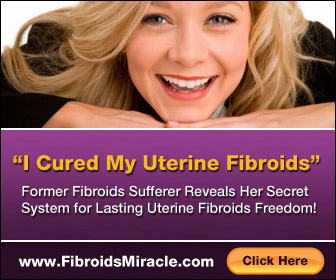The human chorionic gonadotropin diet, also known as HCG diet, is an intense weight loss diet. It can make the dieter lose a couple of pounds every day without feeling hungry. Although it is an effective tool in losing body weight, which may even shrink uterine fibroids, it is considered hazardous and illegal.
Process
Before its usage as a weight loss method, the human chorionic gonadotropin was known as a protein-based hormone found in early pregnancy. It was also used as a cure for fertility problems in both sexes. In 1954, HCG usage became a weight reduction diet. It was done by having a daily intake of 500 calories, and consuming the HCG hormone, which is done via injection, pills or sprays.
The diet is composed of three stages. The first stage involves HCG consumption and large intakes of food high in fats and calories. This stage lasts for two days.
At the beginning of the second stage, clear signs of immediate weight loss may appear. The dieter will keep taking the hormone and restrict daily consumption to 500 calories for a minimum of three weeks and a maximum of a month and a half. The diet also prohibits eating more than two meals every day.
HCG intake stops at the final stage. The dieter will slowly eat more food, but he or she must keep away from foods rich in sugar and starch. This stage lasts for three weeks.
An HCG dieter’s meal plan usually consists of single portions of food: one vegetable, one piece of fruit, one piece of bread and one piece of lean protein. Some dieters may even choose to repeat each stage numerous times, especially if their goal is extreme weight loss. Large intakes of water is highly recommended in this diet.
Benefits, Side Effects and Disadvantages
HCG dieters and advocates state the diet increases the body’s metabolism while losing significant percentages of fat. On the other hand, scientific studies claim HCG diet’s weight loss effect is solely caused by low calorie consumption. They also conclude that the HCG hormone does not affect or improve weight loss.
Along with extreme weight loss, low calorie diets like the HCG diet can decrease the body’s muscle mass. The body will also burn less calories than normal. According to HCG dieters, HCG can provide benefits such as elevated hormones, growth improvement, and better metabolism. Though the benefits can aid a sufferer of uterine fibroids, these claims do not have any scientific proof to back them up.
Due to its questionable components and unknown ingredients, HCG has yet to be approved by the Food and Drug Administration (FDA). The HCG diet includes a number a side effects like headaches, exhaustion, and depression. Overall, the diet can cause a person to feel extremely tired and miserable, mainly because of starvation and limited calorie intake.
Conclusion
Though the HCG diet may seem like a quick and easy cure for obesity and uterine fibroids, most scientists and health professionals suggest taking safer low-calorie diets. This is especially true for people who are new to dieting and/or have a sickly disposition.


